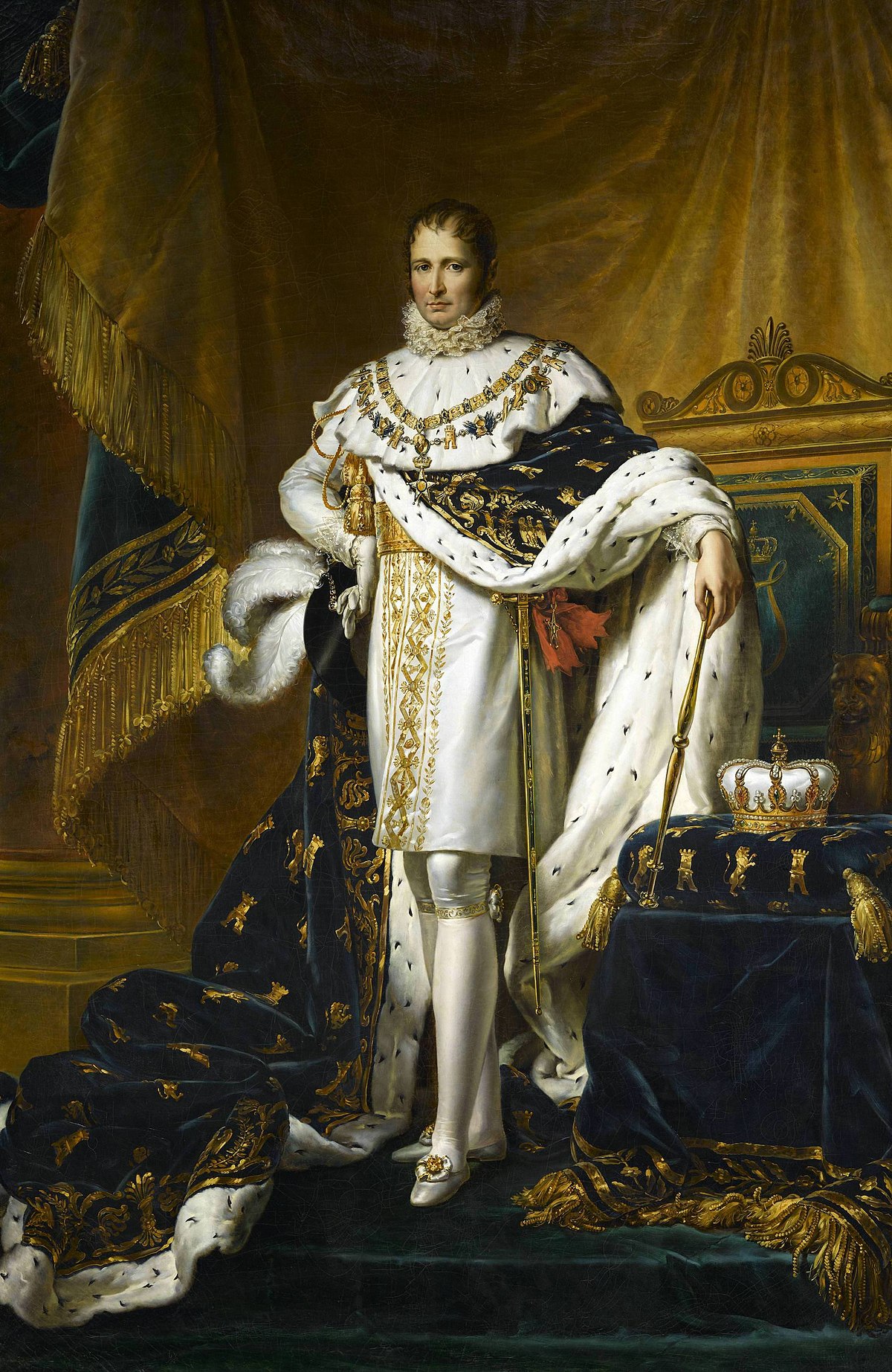Curious history for this piece, played on R3 just now.
I guess I agree with this self assessment by LvB - "What I shit is better than anything you could ever think up!"
He wasn't always very modest though.
Do we have any feeling for what Beethoven actually felt about Wellington's victory? We know that earlier he had admired Napoleon - but that was before he started to have a dislike of the Emperor's ambitions - https://www.historytoday.com/archive...n-and-napoleon which led to his quick amendation of the dedication to his third symphony.
It's perhaps hard now to see whether Napoleon was overall a force for good - since we live in different times. https://en.wikipedia.org/wiki/Napoleon
This quote is interesting though
Is that a fair assessment?
I guess I agree with this self assessment by LvB - "What I shit is better than anything you could ever think up!"
He wasn't always very modest though.
Do we have any feeling for what Beethoven actually felt about Wellington's victory? We know that earlier he had admired Napoleon - but that was before he started to have a dislike of the Emperor's ambitions - https://www.historytoday.com/archive...n-and-napoleon which led to his quick amendation of the dedication to his third symphony.
It's perhaps hard now to see whether Napoleon was overall a force for good - since we live in different times. https://en.wikipedia.org/wiki/Napoleon
This quote is interesting though
Napoleon had an extensive impact on the modern world, bringing liberal reforms to the numerous territories that he conquered and controlled, especially the Low Countries, Switzerland, and large parts of modern Italy and Germany. He implemented fundamental liberal policies in France and throughout Western Europe.[b] His lasting legal achievement, the Napoleonic Code, has been highly influential. Historian Andrew Roberts says, "The ideas that underpin our modern world—meritocracy, equality before the law, property rights, religious toleration, modern secular education, sound finances, and so on—were championed, consolidated, codified and geographically extended by Napoleon. To them he added a rational and efficient local administration, an end to rural banditry, the encouragement of science and the arts, the abolition of feudalism and the greatest codification of laws since the fall of the Roman Empire."

 I have his VPO recording, coupled with the 1812 Overture, which I think is a vastly superior work, despite all its detractors.
I have his VPO recording, coupled with the 1812 Overture, which I think is a vastly superior work, despite all its detractors.



Comment